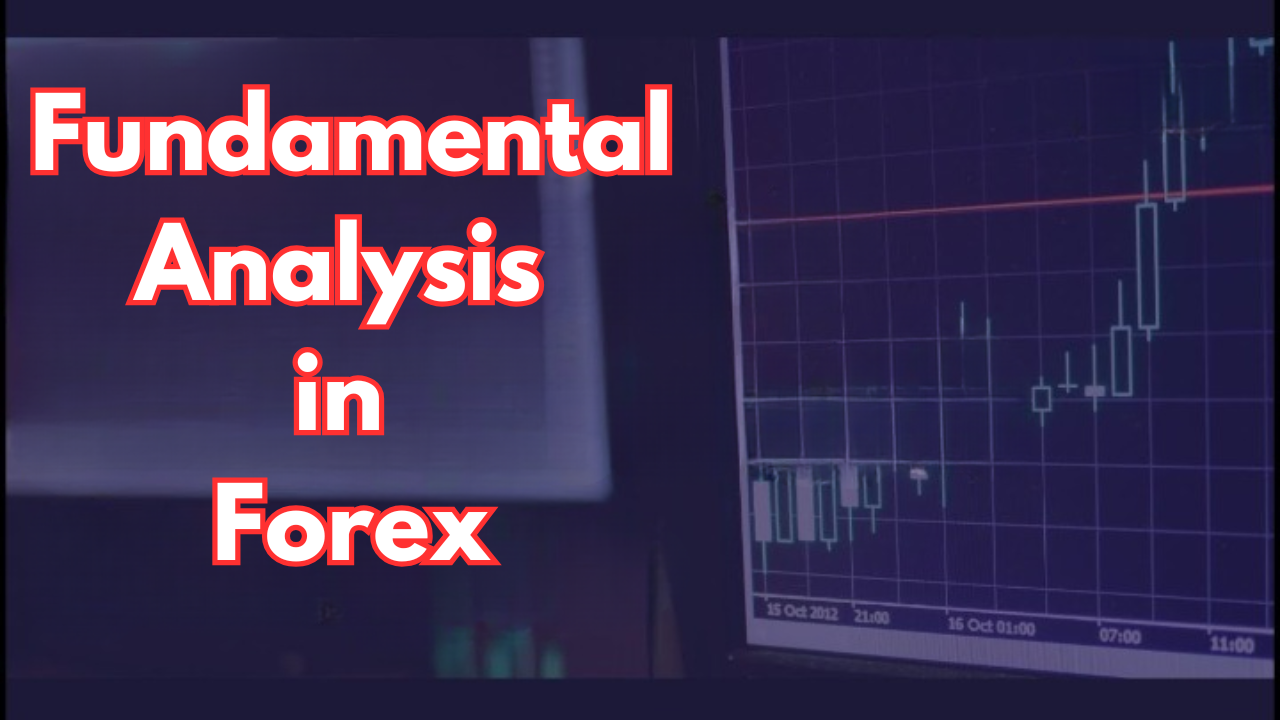Forex trading can be like solving a big puzzle. You have to guess which money (currency) will be worth more or less. To help with this, traders use something called fundamental analysis. It sounds tricky, but it’s just a way of looking at the world to see what might change currency prices. For example, big news events, like a country’s economy getting better or worse, can affect prices. So, traders watch for these clues to make better guesses.
What is Fundamental Analysis?
Imagine you’re trying to guess if it will rain tomorrow. You look at the clouds, check the weather forecast, and notice if the wind feels strong. Fundamental analysis is a little like that, but instead of predicting the weather, it’s about predicting how currencies might move based on important events and news.
Fundamental analysis involves looking at things like a country’s economy, politics, and news to understand how strong or weak its currency might be. If a country’s economy is doing well, its currency might become stronger because people have more trust in it. On the other hand, if a country is facing problems, its currency might get weaker.
The Role of the Economy:
One of the biggest parts of fundamental analysis is understanding how a country’s economy is doing. This means paying attention to things like jobs, trade, and production. A strong economy usually means that the currency will also be strong.
For example, if a country has lots of jobs and low unemployment, it means people have money to spend. When people spend money, businesses do well, and this can make the country’s economy grow. A growing economy can attract investors from other countries, which increases demand for that country’s currency, making it stronger.
On the other hand, if people in a country are losing jobs and businesses are struggling, the economy might slow down. This can scare investors and lead to a weaker currency.
Interest Rates and Forex:
Another important piece of the forex puzzle is interest rates. These are set by a country’s central bank, which is like the boss of all banks in that country. Interest rates affect how much money people can borrow and spend.
When a central bank raises interest rates, it makes borrowing money more expensive. This can slow down spending, but it also makes that country’s currency more attractive to investors. They want to save money in that country because they’ll earn higher returns. As a result, the currency’s value might go up.
If a central bank lowers interest rates, it makes borrowing money cheaper. This can encourage people and businesses to spend more, but it might also make the currency less attractive to investors, causing its value to drop.
The Impact of News and Events:
News can have a huge impact on forex trading. Big events like elections, wars, or even natural disasters can change how people feel about a currency. For example, if there’s a new leader in a country who promises to improve the economy, investors might trust that currency more, making it stronger.
On the other hand, if there’s a crisis, like a big earthquake or political unrest, people might lose trust in that currency and move their money elsewhere. This can make the currency weaker.
Traders who use fundamental analysis pay close attention to the news to understand what might happen to a currency’s value. They might look at reports on things like inflation, trade agreements, or government policies.
Supply and Demand:
Currencies work just like anything else you buy or sell they follow the rules of supply and demand. If lots of people want a particular currency, its value goes up. If fewer people want it, its value goes down.
For example, imagine a country that sells a lot of goods to other countries. To pay for these goods, buyers from other countries need to use that country’s currency. This increases demand, which can make the currency stronger.
On the other hand, if a country imports more than it exports, it means it’s spending more of its currency to buy goods from other countries. This can lower demand for its currency and make it weaker.
How to Use Fundamental Analysis:
To use fundamental analysis in forex, traders study a mix of economic data, news, and global events. They try to figure out how these factors will affect currency prices. For example, they might ask questions like:
- Is the country’s economy growing or shrinking?
- What are the central bank’s plans for interest rates?
- Are there any big events, like elections or new laws that could affect the currency?
By answering these questions, traders get an idea of whether a currency’s value might go up or down. They use this information to decide when to buy or sell currencies.
The Benefits of Fundamental Analysis:
Fundamental analysis helps traders understand the bigger picture. Instead of guessing or relying only on charts, they base their decisions on real-world information. It also helps them stay prepared for surprises, like unexpected news that could affect the market.
While fundamental analysis doesn’t guarantee success, it gives traders a clearer view of what’s happening and helps them make smarter choices.
Conclusion:
Fundamental analysis is like being a detective in the world of forex trading. You study the economy, follow the news, and look for clues to understand what might happen to currencies. It’s all about understanding how the world works and how it affects money.
By learning to use fundamental analysis, you can make better decisions and trade with more confidence. Remember, the forex market is always changing, so staying informed and curious is the key to success. With practice and patience, fundamental analysis can help you become a smarter trader and unlock the secrets of the forex market.
